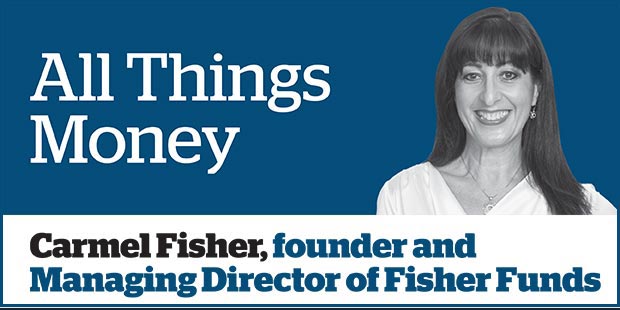Volkswagen's emissions scandal has now been replaced as front page news, but the company's board and management will still be spending every waking hour dealing with their worst possible public relations disaster.
It is more than a PR disaster; it is a profoundly serious problem for VW because there has been a breach of trust. Once trust has been broken, it is very hard to re-build, and sometimes brand damage can be permanent.
Until a decade or so ago, investors were encouraged to consider brand when valuing a business. Although hard to value because it is intangible, a brand is nevertheless important - a company is rarely worth only the value of its physical assets.
But investors don't value brands and other intangibles (like patents and trademarks) as highly any more, partly because so many brands have fallen by the wayside, taking big chunks of share market value with them.
VW is not the only automotive company to suffer brand damage. There have been numerous examples of vehicle recalls because of faulty components and car manufacturers making misleading claims about their vehicles to outsell competitors.
However VW is in a different league. The company deliberately set out to mislead regulators with a cleverly hidden piece of software. Most other breaches were negligence or error; this one was wilful.
Some of the European and American press have drawn comparisons with BP's Gulf oil spill. One referred to VW as the "Lance Armstrong" of the car market, a deadly label and a difficult position from which to recover.
Volkswagen's fall from grace is worse because the company had positioned itself as the clean, green champion and consumers bought into the brand because they wanted to make a positive choice. These loyalists now feel cheated and rightly so.
I am reminded of a brand scandal where I was the loyalist who felt cheated. It was back in 2007 when two New Zealand schoolgirls completed a science project and found that iconic fruit drink, Ribena, contained significantly less vitamin C than advertised. The girls' discovery coincided with another overseas study confirming a high sugar content in the drink, exceeding that of Coca-Cola.
My immediate reaction was to remove Ribena from my daughters' diet and, eight years on, I haven't returned to it despite the company (belatedly and after a clumsy and unconvincing PR campaign) changing the formula and restoring the drink's "healthy" characteristics.
Only time will tell how much Volkswagen's brand has been damaged. An academic paper written after the Ribena disaster suggested several strategies companies facing brand crises could pursue.
The first is to quarantine the incident to protect the parent brand as much as possible. That is much tougher now the scandal has spread to Audi and Skoda, though it is only diesel cars affected and VW will be hoping it will not tarnish other vehicles or marques in their stable like Porsche and Bentley.
The second is to contain brand damage to a particular geography. In the case of Ribena, the parent company GlaxoSmithKline tried to limit the publicity to New Zealand and Australia - but it was too juicy a story and made headlines worldwide. VW may have been hoping its successful European and Asian businesses were not impacted but that seems more difficult after news that worldwide Audi and Skoda models could be affected.
The third strategy is to reduce the impact by offering acceptable "explanations". It's hard to know how a wilful deception can be explained in an acceptable way - maybe a scapegoat or two might need to be identified.
Finally, they should apologise. Volkwagen has done that...perhaps convincingly, perhaps not.
I would add a fourth suggestion. Make truthfulness a fundamental part of your corporate philosophy. When it comes to brands, people don't like being lied to. The bigger the brand and the bigger the lie, the harder it is to recover.
# Fisher Funds had invested in VW on behalf of clients but sold its shares immediately following the company's announcement.
